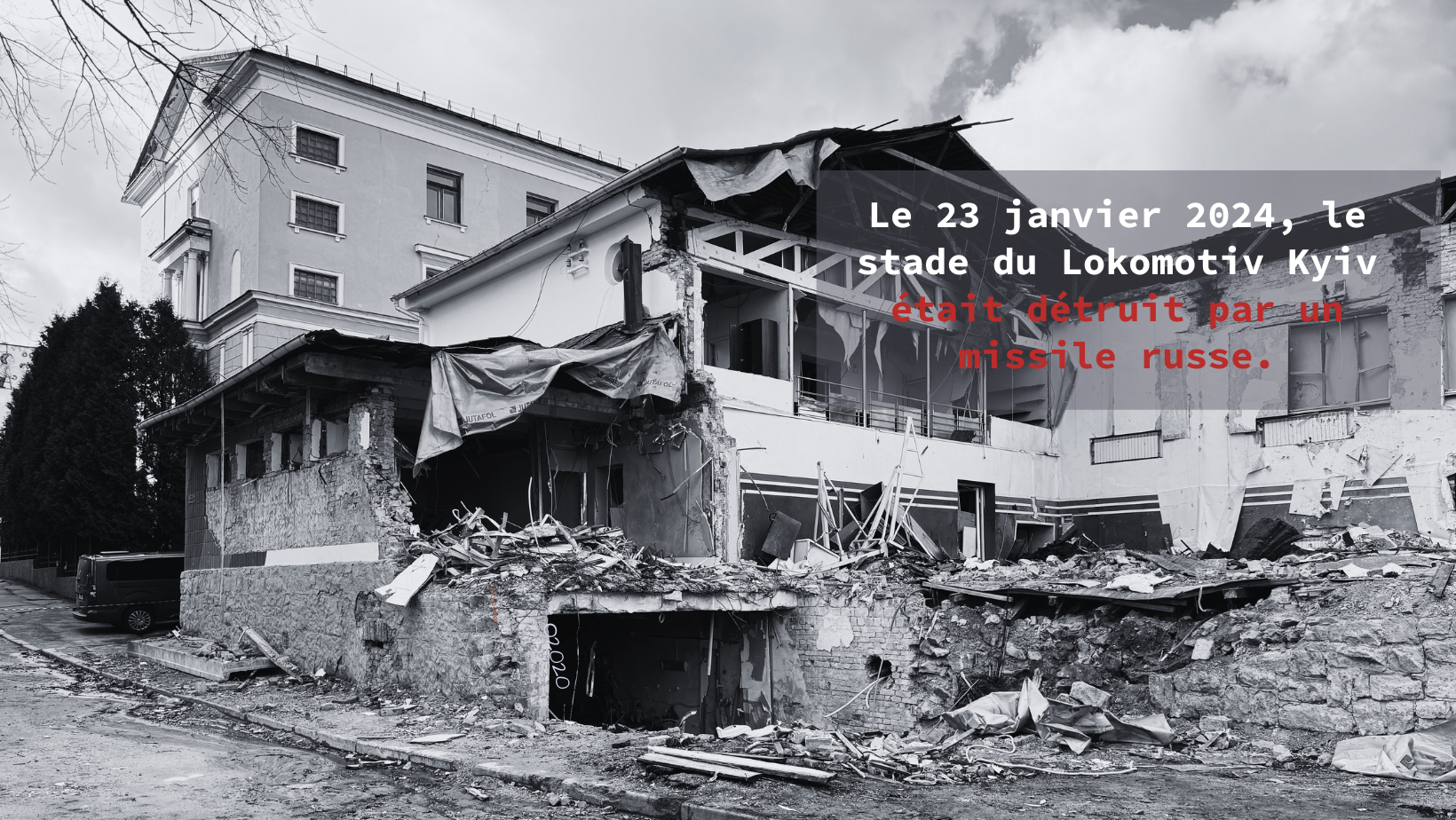Tonight, Shakhtar Donetsk faces Olympique de Marseille in the Europa League.
Shakhtar is a club from the city of Donetsk, one of the first Ukrainian cities attacked by Russia in 2014 and since then occupied by the Russian aggressor.
Let’s talk about this and the Ukrainian clubs that suffer from Russian aggression every day, including Shakhtar’s partner, Lokomotiv Kyiv.
Originally, Shakhtar played at the Donbass Arena in Donetsk, built in 2009 for EURO 2012.
In 2014, Russia attacked Ukraine, annexing Crimea and destabilizing the Donbas region, including Donetsk, by orchestrating a hybrid war and sending militias disguised as separatists.
Donetsk was hit hard by the war. The Donbass Arena, like so many other civilian infrastructures, was damaged during the fighting in August 2014. Russian militias announced the “nationalization” of the Donbass Arena and barred access to the stadium.
Shakhtar was forced to flee the war, first relocating to Lviv, then Kharkiv, and finally Kyiv, where it now plays at the Olympic Stadium.
In Kyiv, Shakhtar has become involved in the sporting life of its adopted city, notably through a partnership with Lokomotiv Kyiv, one of Ukraine’s oldest multi-sport clubs, competing in the second division of football.
In 2022, Russia launched its full-scale war of aggression, attacking all of Ukraine. Once again, Shakhtar and its players faced war and bombings, like all Ukrainians.
On January 23, 2024, at 7:30 a.m., the Lokomotiv stadium was destroyed by a Russian missile. The toll of one dead and four seriously injured could have been much worse, as the attack occurred just minutes before the arrival of many children training there.
Among the 800 children hosted by Lokomotiv Kyiv, nearly half fled Russian aggression in temporarily occupied territories, including Mariupol.
Oleksandr Yegorov, Lokomotiv’s director, has called for Russian athletes to be banned from all international competitions, including the Paris Olympic Games.
No Ukrainian athlete is training in proper conditions: in addition to danger and anxiety, stadiums, gyms, and swimming pools are being targeted. Many have lost loved ones. This is the case for Shakhtar goalkeeper Dmytro Riznyk, whose brother died defending Ukraine.
Meanwhile, Russian athletes not only support the war and serve as tools of Russian propaganda but also train in the best conditions. Allowing them to participate in international competitions, including the Olympic Games, is profoundly unjust.
As long as Russian bombs continue to rain down on Ukraine, Russian and Belarusian athletes have no place at the Paris Olympics.
We will not let Russia turn #Paris2024 into the blood games.
#BloodGames2024









